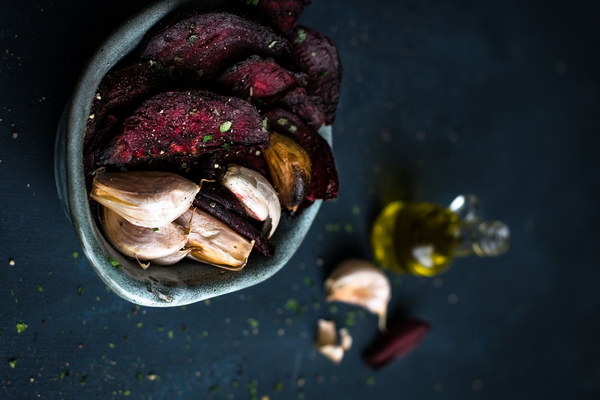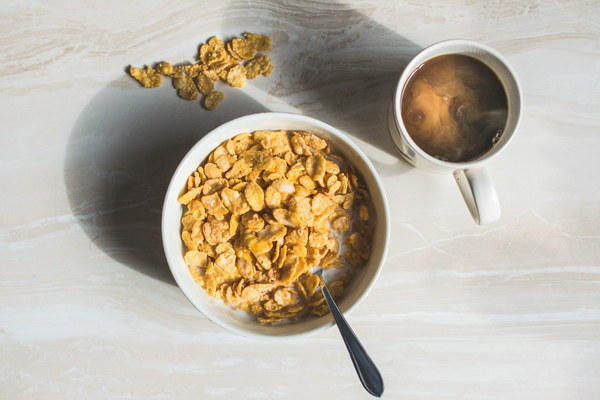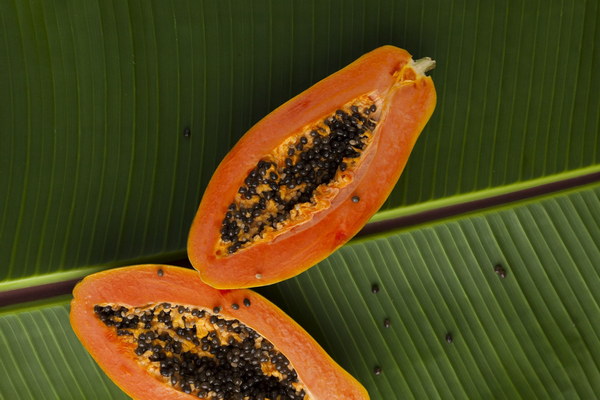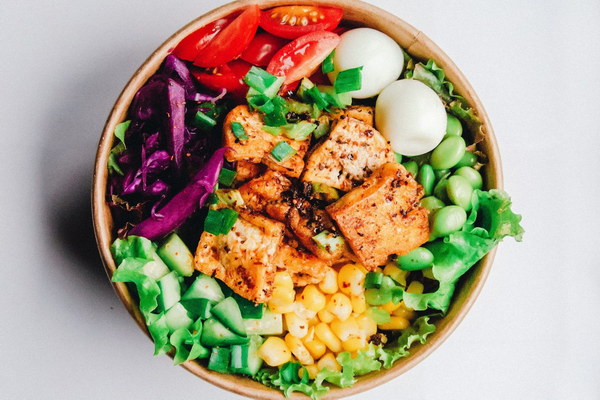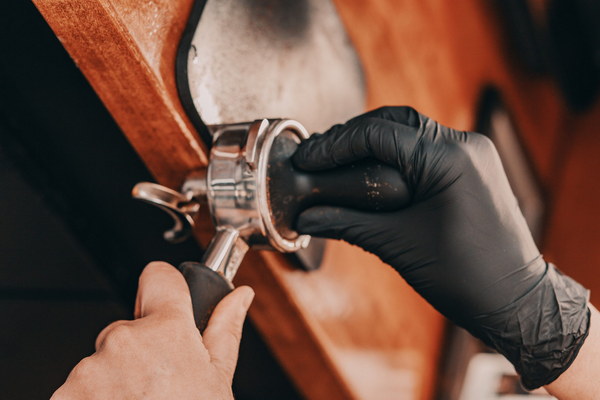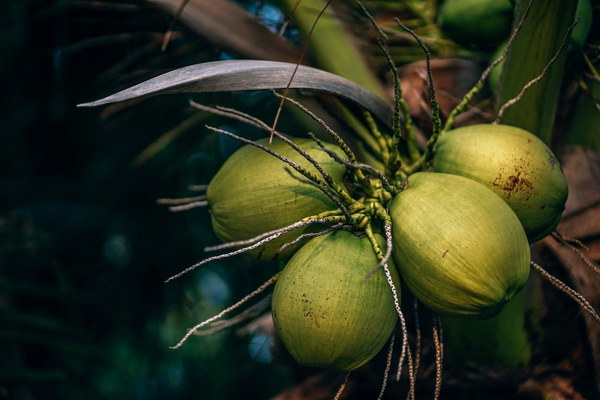Is the LiverBoosting Herb bitter Unveiling the Truth About its Taste and Benefits
Introduction:
The liver, often referred to as the body's detoxification factory, plays a crucial role in maintaining overall health. One of the most popular natural remedies for liver health is the use of herbal supplements, with one of the most sought-after being the liver-boosting herb. But is this herb bitter, and what are its health benefits? In this article, we'll explore the taste and potential benefits of the liver-boosting herb, and answer the question: Is the liver-boosting herb bitter?
The Taste of the Liver-Boosting Herb:
The liver-boosting herb, also known as milk thistle (Silybum marianum), is a flowering plant with a reputation for its potent liver-protective properties. While the taste of milk thistle may not be everyone's cup of tea, it's important to note that the bitterness of the herb can vary depending on the preparation method and the quality of the product.
1. Dried Milk Thistle Seeds: The raw, dried milk thistle seeds are known to be quite bitter. This bitterness can be attributed to the presence of silymarin, a compound that is thought to be responsible for the herb's liver-protective effects.
2. Milk Thistle Extracts: Milk thistle extracts are a more concentrated form of the herb and typically come in capsules or liquid form. These extracts are less bitter than the raw seeds because they contain a higher concentration of silymarin, which can mask the bitter taste.

3. Milk Thistle Tea: Brewing milk thistle tea can help reduce the bitterness to some extent. However, the taste is still somewhat bitter, and some may find it difficult to enjoy the tea on its own. Adding a sweetener like honey or a slice of lemon can help balance out the taste.
The Health Benefits of the Liver-Boosting Herb:
Despite the bitter taste, the liver-boosting herb offers numerous health benefits, making it a popular choice for those looking to improve their liver function:
1. Liver Protection: The primary benefit of milk thistle is its liver-protective properties. Silymarin is believed to help regenerate liver cells and protect them from damage caused by toxins, alcohol, and other harmful substances.
2. Antioxidant Effects: The antioxidant properties of silymarin help neutralize free radicals, which can cause cellular damage and contribute to the aging process.
3. Antiviral and Anti-inflammatory Effects: Silymarin has been shown to have antiviral and anti-inflammatory effects, making it a potential treatment for various conditions, including viral hepatitis and chronic inflammation.
4. Blood Sugar Regulation: Some studies suggest that milk thistle may help regulate blood sugar levels, making it a potential aid for diabetics.
5. Cholesterol-Lowering Effects: Milk thistle has been found to have cholesterol-lowering effects, which can contribute to heart health.
Conclusion:
In conclusion, the liver-boosting herb, or milk thistle, is known for its potent liver-protective properties, despite its bitter taste. While the raw seeds can be quite bitter, extracts and teas can help reduce the bitterness and make it more palatable. The health benefits of milk thistle make it a valuable addition to a liver health regimen. So, is the liver-boosting herb bitter? Yes, but its benefits may be worth the slightly bitter taste.
